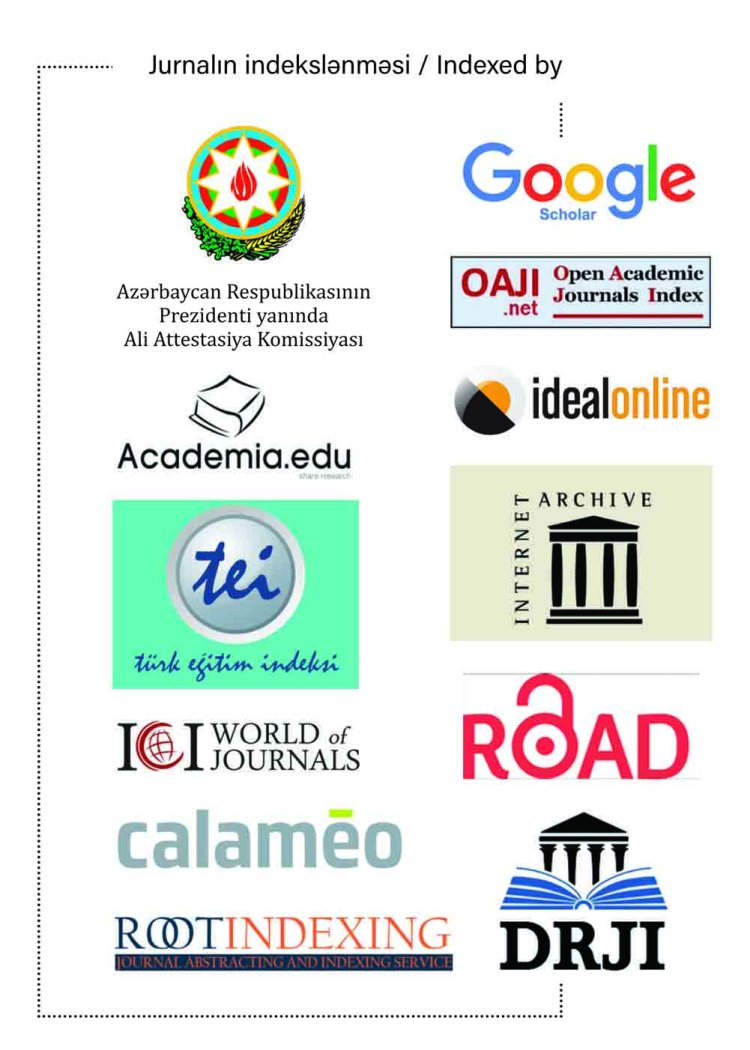WAYS OF STUDYING DIDACTIC CONCEPTS AND PARADIGMS IN THE ORGANIZATION OF TEACHING WORK
In the article, the ways of learning didactic concepts and paradigms in the structure of teaching work were analyzed. It is noted that every teacher who performs educational duties has personal qualities, reputation, professionalism, and pedagogical skills, etc. should be an example to the school and society. While organizing the educational process, every teacher should also instill in students exemplary behavior norms, moral values, and moral education duties, as well as love, respect, and reverence for statehood and its attributes. In the article, it is emphasized that every teacher should acquire known knowledge by forming the cognitive interest of the students during the teaching process, conditioning the cognitive process in the training with didactic issues, and becoming the creator of the training process. The conclusion of the article shows that if the teacher follows the principle of systematicity and consistency, which is closely related to the principle of awareness and activity, the knowledge given to the students will be easily and consciously mastered. Also, the teacher should consider visualization as a means of awakening the child's mind and should know that visual training is necessary based on the characteristics of child psychology. Similarly, if the knowledge given by the teachers is assimilated by the students thoughtfully, that knowledge will be solid, stronger, and unshakable. Taking into account the age characteristics of the children in the training, both the content and methodical forms of the work should be suitable for the children's strengths . Then they become confident in their strength, which gives them the energy and desire to achieve more success.




